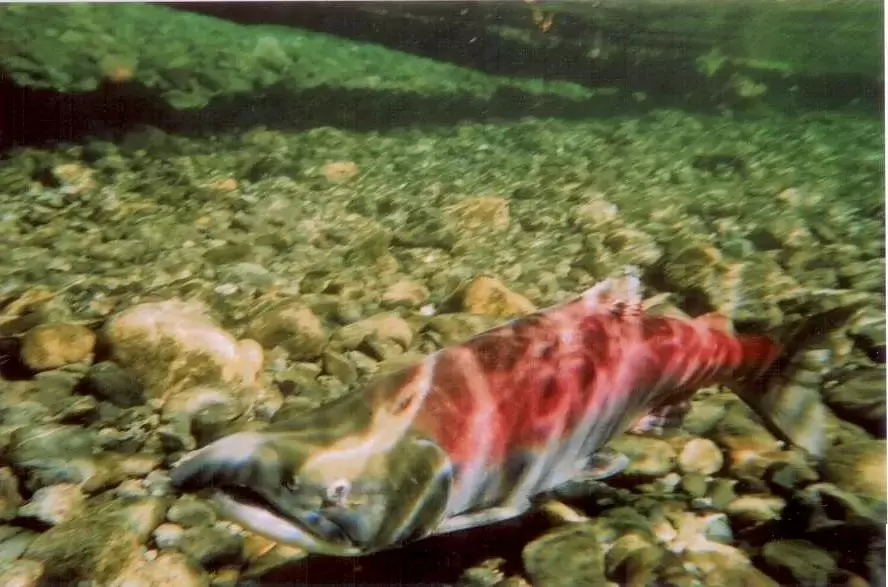In what many consider to be a disastrous year for salmon on the West Coast, an organization specializing in pollution mitigation is moving quickly to ensure that the few fish expected to reach Clayoquot Sound can migrate to the region’s rivers.
A stock assessment bulletin released by Fisheries and Oceans Canada in early November shows stocks within Clayoquot Sound to be a small fraction of counts over the last 12 years. During what is normally the peak period for coho migration, counts across the region ranged from one third of the previous 12-year average to being almost non-existent. Counts for other salmon species were also significantly lower than average.
“Across the board, chinook, coho, sockeye and chum salmon populations in Clayoquot Sound have crashed,” states the CRS in a press release, a Tofino-based group that specializes in emergency spill response, habitat remediation and pollution clean up.
A grim picture was presented when the DFO released its State of the Canadian Pacific Salmon report in August. That document detailed that stocks are facing extinction on some areas, while declining in others – due in part to human-caused climate change. The report stressed the need for Canada to cut down on carbon emissions.
“The planet is warming and the most recent five years have been the warmest on record,” wrote DFO scientist Sue Grant in the salmon report.
In Clayoquot Sound, the CRS is pointing its finger at logging, pollution and marine industry.
“Ocean plastics and petroleum-based toxins from both international and domestic sources have filled migratory corridors with pollutants that are killing all forms of wildlife, including salmon,”’ stated CRS founder Capt. Josh Temple in the group’s press release. “For decades we have watched wild salmon disappear from our local rivers while marine-related industries grow and prosper. With returns in 2019 plummeting to extinction levels it’s not time to do ‘something’, it’s time to start panicking.”
CRS projects have included dismantling an abandoned fish farm in Clayoquot Sound, a harbour and community clean up in Ahousaht, as well as collecting ocean plastics to protect Rafael Point’s wildlife on Flores Island. On Nov. 18 the Coastal Restoration Society began contaminate and pollution removal operations in Clayoquot rivers.
“It’s absolutely critical that we remove pollutants in advance of the spring 2020 juvenile salmonid migration,” said Temple. “We need to move quickly, literally every single salmon counts.







